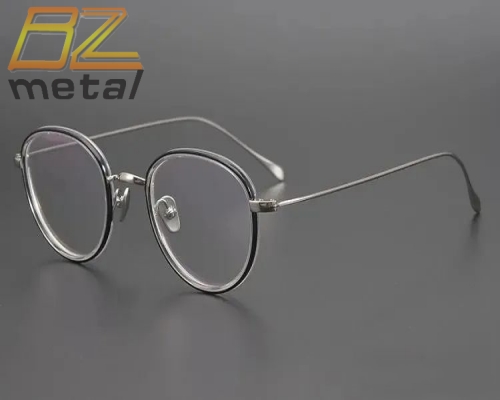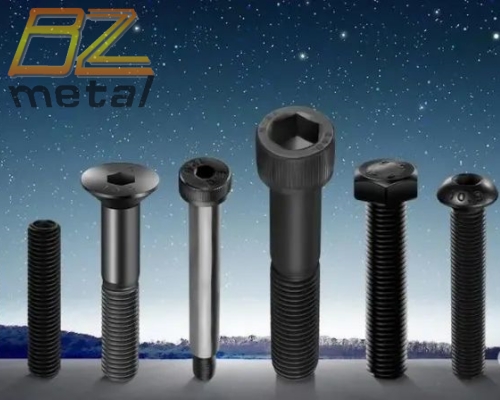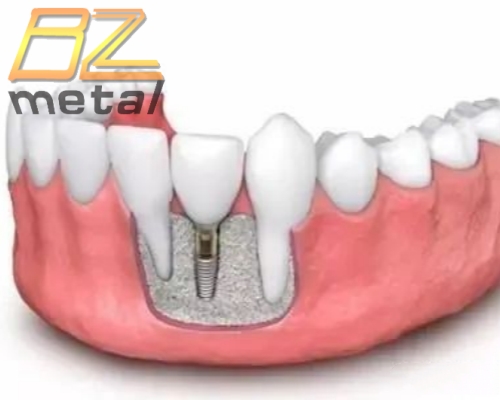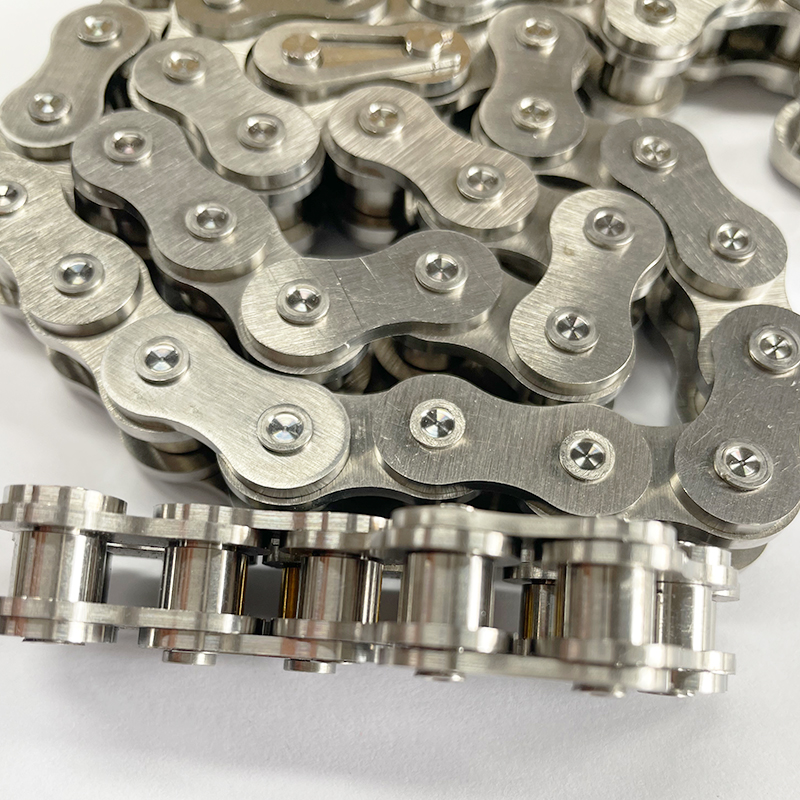Russia develops new technology to enhance the antibacterial effect of titanium alloy to speed up the
Russia Develops New Technology To Enhance The Antibacterial Effect Of Titanium Alloy To Speed Up The Recovery of Trauma
Science and Technology Daily reported that the Russian National Research University of Technology and other Russian scholars have developed a new technology that can make titanium alloy, one of the key materials for advanced surgery, produce antibacterial effects. According to the researchers, implants processed according to the new method will significantly speed up and promote the recovery of trauma. Related research results were published in the journal "Colloids and Surfaces B: Biological Interfaces".

The mechanical properties and resilience of bones after injury will decrease significantly with age, and this injury requires long-term treatment. The use of implants made of unmodified metals and alloys may cause complications and may require secondary surgery afterwards. Materials that can inhibit bacterial activity help make in vivo implant surgery safer and more reliable. For this reason, Russian scholars have developed a method of spraying an antibacterial coating on Ti-Zr-Nb, one of the titanium alloys.
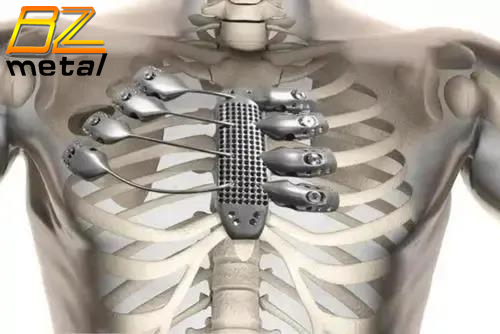
Tests have shown that treatment according to the new method can completely inhibit the growth of E. coli on the surface of the implant. At a low dose of silver output (about 0.037mg/liter), it is completely safe for the body and achieves a significant antibacterial effect. The researchers said that the “blow” to bacteria was carried out by silver ions. Scientists chemically synthesized the nano-particles that released them in a complex alcohol solution, which made them only about 10 nanometers in size. Thanks to this, silver is deposited in the pores of the material to a depth of up to 60nm, which greatly improves the durability and antibacterial effect of the coating.


